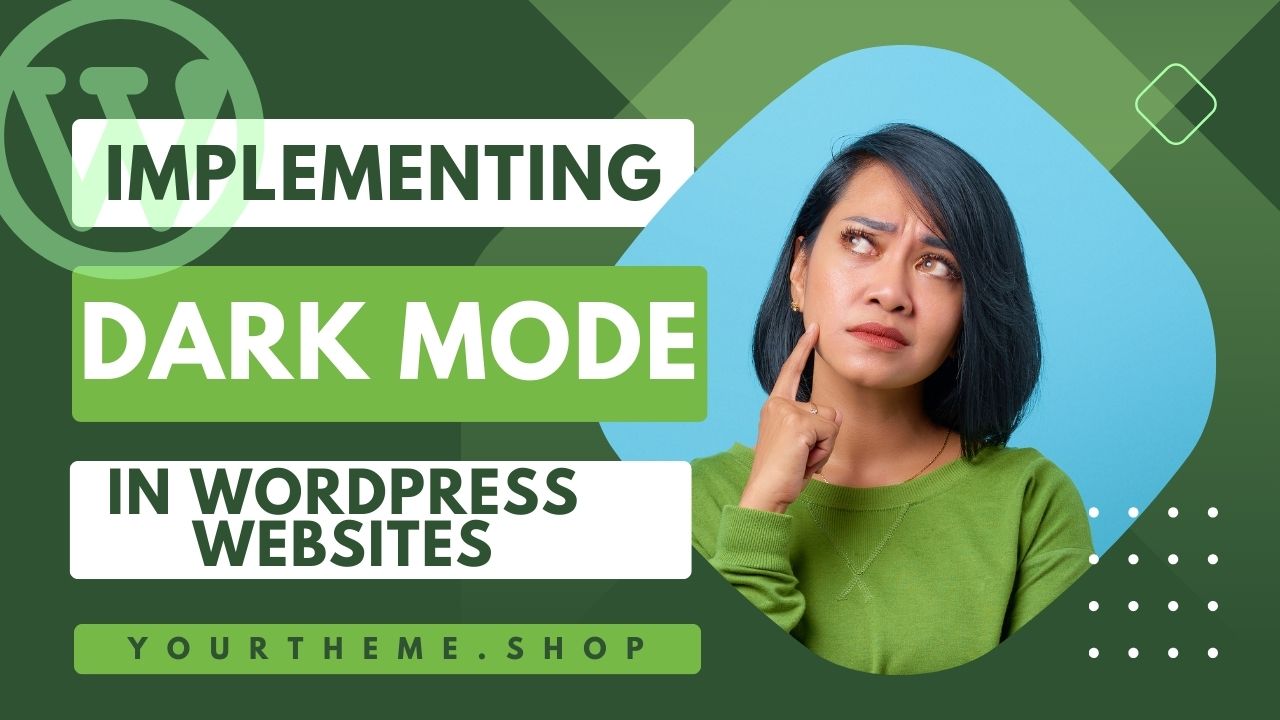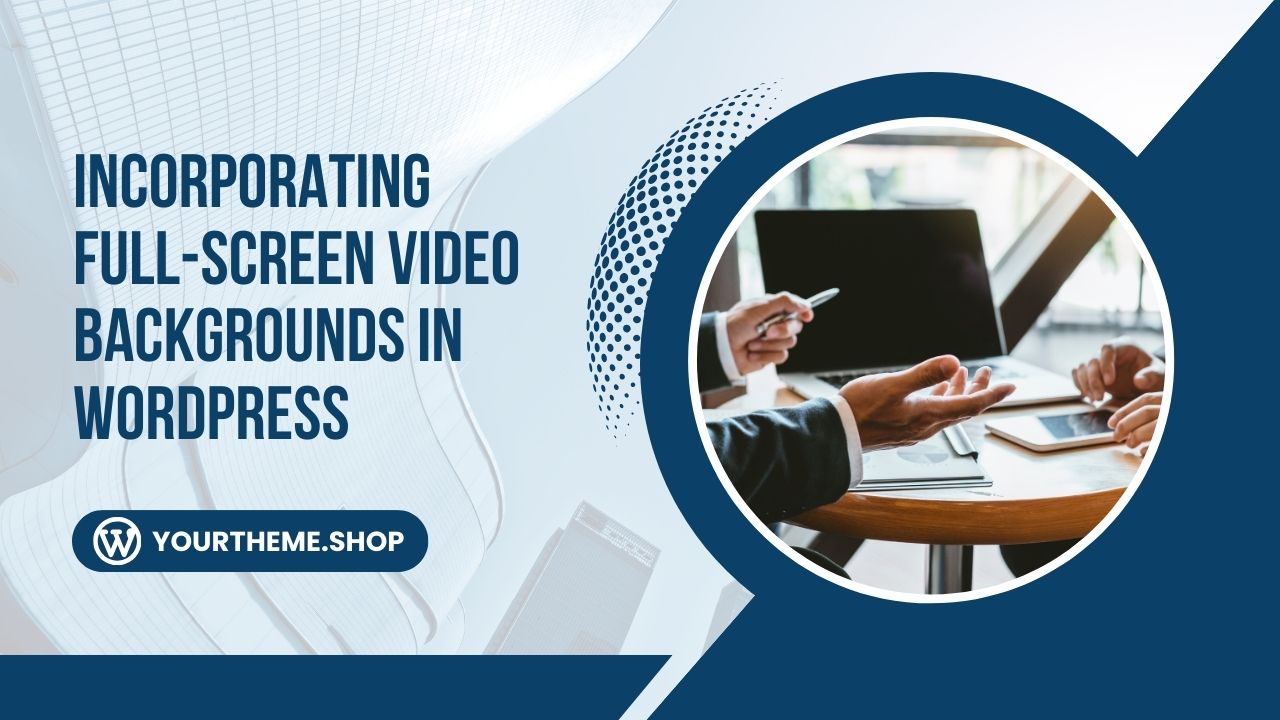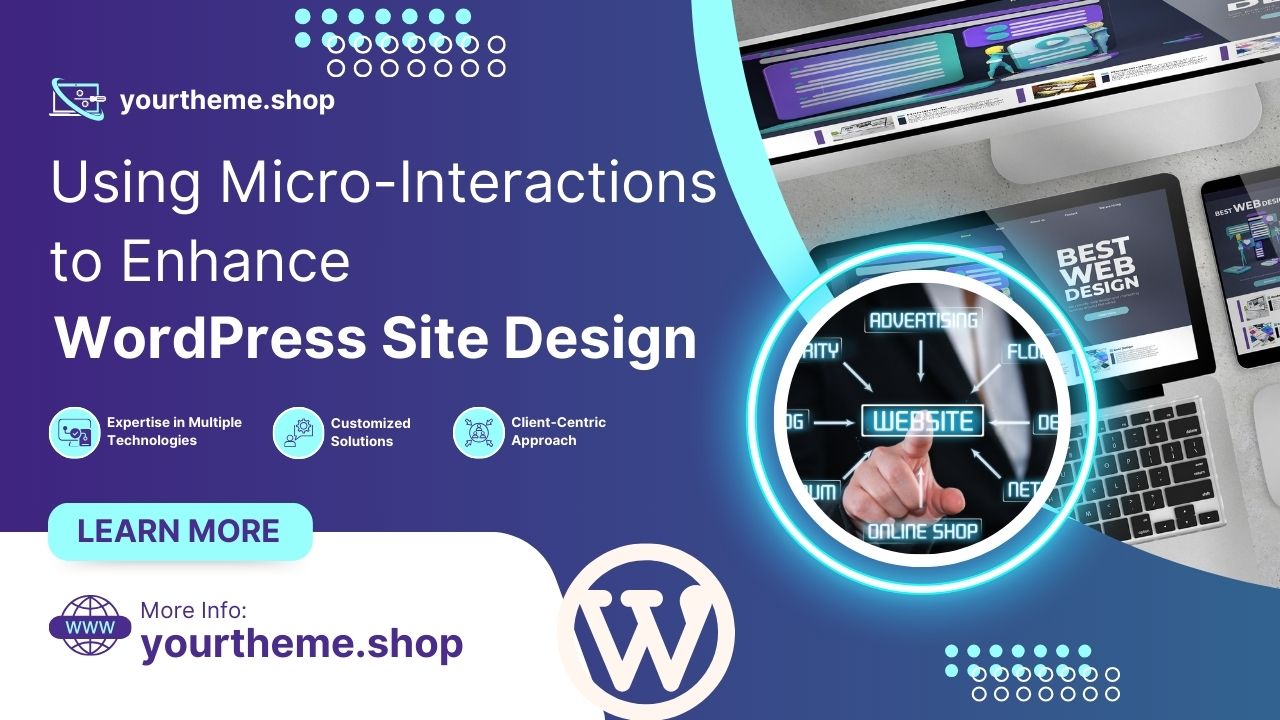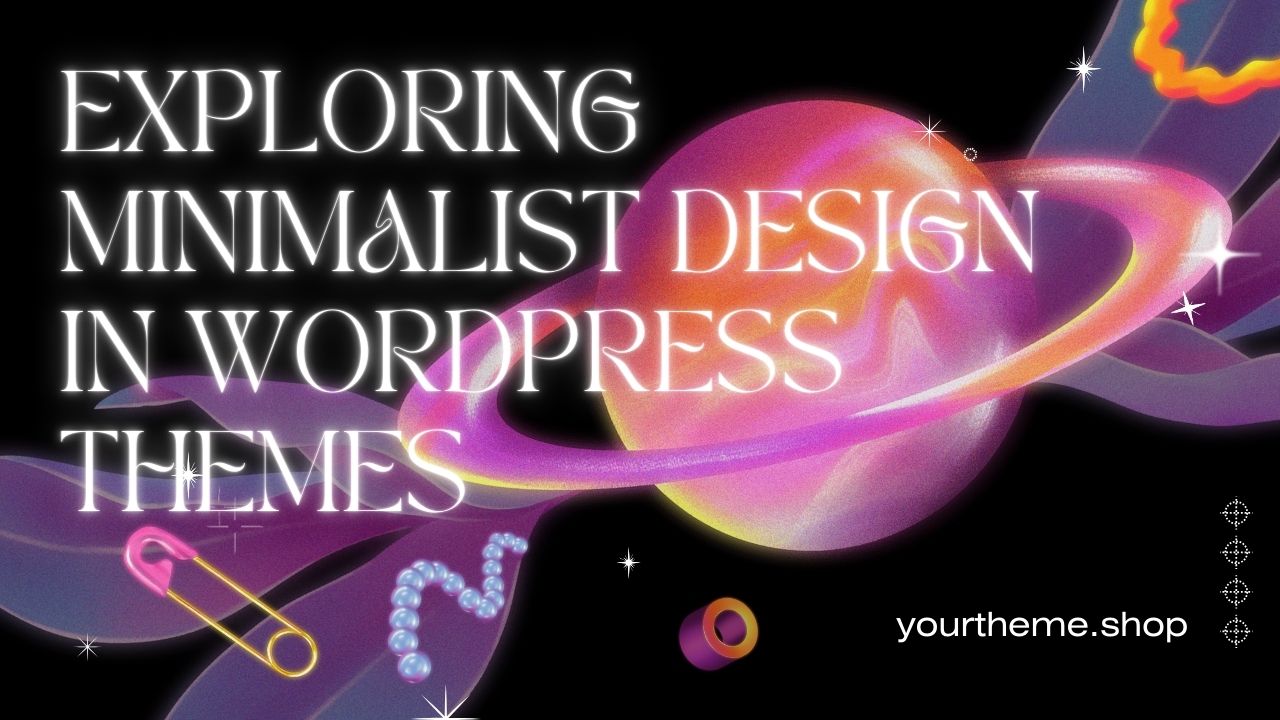Implementing Dark Mode in WordPress Websites
The Rising Demand for Dark Mode
In today’s digital landscape, the demand for Implementing Dark Mode in WordPress Websites is rapidly increasing. Users are seeking a more comfortable browsing experience, especially during night-time or in low-light environments. Dark mode offers a visually soothing alternative to the traditional bright interfaces, reducing eye strain and improving readability.
Benefits of Dark Mode for Users and Admins
The benefits of Implementing Dark Mode in WordPress Websites extend beyond visual comfort. It can also lead to reduced screen glare, lower energy consumption on OLED and AMOLED screens, and potentially improve the accessibility for users with certain visual impairments.
Implementing Dark Mode in WordPress Websites
Understanding Dark Mode Functionality
Implementing Dark Mode in WordPress Websites involves more than just changing the color scheme. It’s about providing an alternative theme that maintains readability and usability while offering a visually different experience. This feature is particularly beneficial for websites with heavy text content or those accessed frequently in darker environments.
Steps to Implement Dark Mode
To start Implementing Dark Mode in WordPress Websites, one must first choose a suitable plugin or theme that supports this functionality. The implementation process typically involves installing the plugin, activating dark mode features, and customizing the settings to suit the website’s design and user preferences.
Customizing Dark Mode Appearance in WordPress
Personalizing Dark Mode Settings
Customizing dark mode appearance in WordPress is essential to align the dark theme with your brand identity and user expectations. This includes adjusting the color palette, font colors, and background shades to ensure that the dark mode is not only visually appealing but also maintains the integrity of your website’s design.
Enhancing User Experience with Customization
Effective Customizing dark mode appearance in WordPress also means ensuring that the transition between light and dark modes is seamless and intuitive. This might involve tweaking button styles, link colors, and other interactive elements to ensure they are clearly visible and functional in dark mode.
Dark Mode Plugins for WordPress Website
Selecting the Right Dark Mode Plugin
Criteria for Choosing a Plugin
Compatibility with Themes
When exploring Dark mode plugins for WordPress website, the foremost consideration is their compatibility with your existing WordPress theme. It’s crucial to ensure that the plugin seamlessly integrates with your theme’s design and functionality, avoiding any conflicts or issues that might arise post-implementation.
Customization Options
A significant aspect of Customizing dark mode appearance in WordPress is the ability to personalize the dark mode experience. The ideal plugin should offer extensive customization options, allowing you to adjust colors, fonts, and other elements to align with your brand identity and user preferences.
Evaluating Plugin Features
Range of Settings
Dark mode plugins for WordPress website should provide a comprehensive range of settings. This includes basic options like automatic mode switching based on user preference or time of day, as well as advanced features like custom color schemes and adjustable brightness levels.
User Experience Considerations
The user experience is paramount when Implementing Dark Mode in WordPress Websites. The plugin should not only be easy for the site administrator to set up and manage but also intuitive for the end-users. Features like a User-friendly dark mode switcher for WordPress can significantly enhance the user experience.
Assessing Ease of Use
Plugin Interface
The interface of Dark mode plugins for WordPress website plays a crucial role in their ease of use. A well-designed, user-friendly interface makes it simpler to navigate through the settings and customize the dark mode to your liking, even if you’re not technically inclined.
Integration and Setup
The process of integrating and setting up Dark mode plugins for WordPress website should be straightforward and hassle-free. Plugins that offer one-click installation and minimal setup requirements are preferable, especially for users who may not have extensive technical expertise.
Implementing and Customizing Dark Mode
Steps for Implementation
Installation and Activation
The first step in Implementing Dark Mode in WordPress Websites involves installing and activating the chosen plugin. This process should be as simple as installing any regular WordPress plugin, followed by a basic setup to get the dark mode up and running.
Customizing Appearance
Once installed, the next step is Customizing dark mode appearance in WordPress. This involves tweaking the settings provided by the plugin to match your website’s aesthetic and ensuring that the transition between light and dark modes is smooth and visually appealing.
Enhancing User Accessibility
Adding a Dark Mode Switcher
An essential feature for User-friendly dark mode switcher for WordPress is the inclusion of a toggle switch. This switch allows users to easily switch between dark and light modes based on their preference, enhancing the overall accessibility of your website.
Positioning and Styling the Switch
For User-friendly dark mode switcher for WordPress, the position and style of the toggle switch are crucial. It should be placed in a prominent location, like the header or footer, and styled to be clearly visible yet unobtrusive to the overall website design.
Setting Up and Configuring Dark Mode Plugins
After selecting a suitable Dark mode plugin for WordPress website, the next step is setting it up and configuring it to work seamlessly with your site. This might involve adjusting the automatic activation settings, customizing the color schemes, and ensuring that all elements of your site are properly optimized for dark mode.
User-Friendly Dark Mode Switcher for WordPress
Integrating a Dark Mode Toggle Switch
A key aspect of User-friendly dark mode switcher for WordPress is providing users with an easy way to switch between light and dark modes. This can be achieved by integrating a toggle switch, usually in the header or footer of the site, allowing users to switch modes with a single click.
Customizing the Switch for Better Accessibility
User-friendly dark mode switcher for WordPress should be easily accessible and recognizable. Customizing the switch involves choosing the right position on the page, selecting an intuitive icon, and ensuring that it is keyboard accessible for users who rely on screen readers or cannot use a mouse.
Advanced Customization and Styling for Dark Mode
Tailoring Dark Mode to Match Branding
Advanced customization involves Customizing dark mode appearance in WordPress to align with your brand’s visual identity. This includes using brand colors, adjusting the intensity of dark backgrounds, and ensuring that images and multimedia content are also optimized for dark mode viewing.
Using CSS for Deeper Customization
Using CSS for deeper customization is a game-changer when Customizing dark mode appearance in WordPress. For those with coding knowledge, CSS (Cascading Style Sheets) offers unparalleled control over the aesthetic aspects of dark mode. This control is crucial for creating a dark mode that not only aligns with your brand identity but also caters to the specific needs of your audience.
Implementing CSS Customizations
To begin Implementing Dark Mode in WordPress Websites with CSS, one must first understand the basic principles of CSS and how it interacts with WordPress themes. This involves identifying the CSS selectors used in your theme and writing custom CSS rules to modify the appearance of elements in dark mode.
Precise Adjustments for Enhanced User Experience
Customizing Button Hover Effects
One of the key aspects of Customizing dark mode appearance in WordPress using CSS is the ability to modify button hover effects. This includes changing colors, adding transitions, or even altering shapes when users hover over buttons. Such customizations enhance the interactivity and visual appeal of your WordPress site in dark mode.
Altering Link Colors for Better Readability
Another crucial element in Customizing dark mode appearance in WordPress is the customization of link colors. Using CSS, you can ensure that links stand out against the dark background without being jarring or out of place. This is vital for maintaining readability and user navigation within your site.
Adjusting Overall Contrast Ratio
The overall contrast ratio is a critical factor in Implementing Dark Mode in WordPress Websites. With CSS, you can fine-tune the contrast between text, background colors, and other elements to ensure that your website is comfortable to read in dark mode, especially in low-light conditions.
Advanced CSS Techniques for Dark Mode
Creating Responsive Dark Mode Designs
Incorporating responsive design techniques is essential when Implementing Dark Mode in WordPress Websites. With CSS, you can ensure that your dark mode adapts to different screen sizes and devices, providing a consistent experience across all platforms.
Utilizing CSS Variables for Theme Consistency
CSS variables are a powerful tool for maintaining theme consistency when Customizing dark mode appearance in WordPress. By using variables, you can easily update color schemes and styles across your entire site, ensuring that changes in dark mode are uniformly applied.
Enhancing Accessibility with CSS
Accessibility is a key consideration when Implementing Dark Mode in WordPress Websites. CSS can be used to enhance the accessibility of your dark mode by improving contrast, increasing font sizes, and ensuring that all interactive elements are easily navigable.
Integrating CSS with Dark Mode Plugins
Working Alongside Dark Mode Plugins
While Dark mode plugins for WordPress website provide a solid foundation for implementing dark mode, CSS allows for further customization beyond the plugin’s default settings. This integration ensures that your dark mode is not only functional but also uniquely tailored to your site’s design.
Customizing User-Friendly Dark Mode Switchers
For those implementing a User-friendly dark mode switcher for WordPress, CSS can be used to customize the appearance and behavior of the switcher. This includes changing its position, style, and animation to ensure it aligns with the overall design of your site
Testing and Optimizing Dark Mode for Different Users
Ensuring Compatibility Across Devices and Browsers
Testing is a crucial step in Implementing Dark Mode in WordPress Websites. It’s important to ensure that the dark mode is compatible across different devices and browsers, providing a consistent user experience regardless of how your site is accessed.
Gathering User Feedback for Improvements
Gathering user feedback is essential for refining User-friendly dark mode switcher for WordPress. Feedback can provide insights into user preferences, potential issues, and areas for improvement, helping you to optimize the dark mode feature based on real user experiences.
In conclusion, embracing dark mode in WordPress meets the rising demand for a visually soothing browsing experience. From choosing the right plugin to advanced CSS customization, prioritize user-friendly implementations for enhanced accessibility. Test, gather feedback, and optimize for a seamless transition to a stylish and comfortable dark mode on your website.




